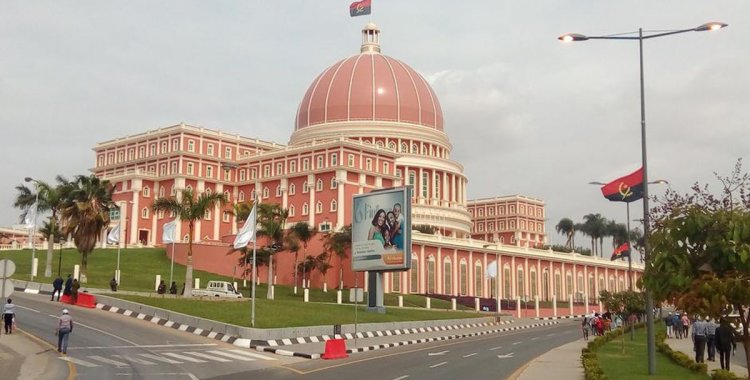The Fiscal Stability Fund is provided for in the proposed law on the Sustainability of Public Finances, this Friday under general discussion in parliament.
Vera Daves, who presented in parliament the assumptions of the law, said that the capitalization of the FBF should occur only in economic years in which the gross financing needs of the public sector are equal to or less than 5 percent of Gross Domestic Product (GDP).
The executive's legislative initiative, the minister said, resulted from the macro-fiscal context that Angola has been experiencing since 2014, "marked by a slowdown in growth.
"Translated into a negative GDP growth rate of approximately 2.6 percent in 2016, 2.5 percent in 2017 and 1.1 percent in 2018 with an impact on macroeconomic stability," she said.
This "adverse performance", he recalled, "was mainly due to the poor performance of the oil sector, which plays a preponderant role in the country's economy and the balance of public finances".
According to the Governor, the institution of fiscal rules is a preponderant element in the implementation of a fiscal policy.
The law on the Sustainability of Public Finances defines as the main instruments of public finance management the budget, the medium-term fiscal framework, the fiscal rules and the medium-term expenditure framework.
The law also proposes to create a framework that makes it possible to clearly establish elements such as the specification of the medium-term fiscal aggregate trajectory, a description of the annual and medium-term budgetary strategy for the achievement of the proposed fiscal objectives and the principle of periodic publication of a report.
This draft law applies to the organs of the central government of the State and services of the central and local government of the State, to organs of the indirect government of the State, as well as to the autonomous and independent administrations to the organs and services of the judiciary and legislature.
According to Vera Daves, the law on the sustainability of public finances covers two fiscal anchors, namely the level of indebtedness and the level of the non-oil primary fiscal deficit.
"And the law also has preventive measures to achieve these levels and corrective measures in cases where we are deviating from them", he noted.
The draft law also provides for exceptional situations such as the "temporary suspension of the limits of the non-oil primary fiscal deficit in cases of serious natural disasters, war, epidemics, severe drought or in states of constitutional necessity".
Periods of economic recession "in which there is a real annual growth rate equal to or less than 2 percent of non-oil GDP" are also reasons for exceptions, as the minister stressed.







